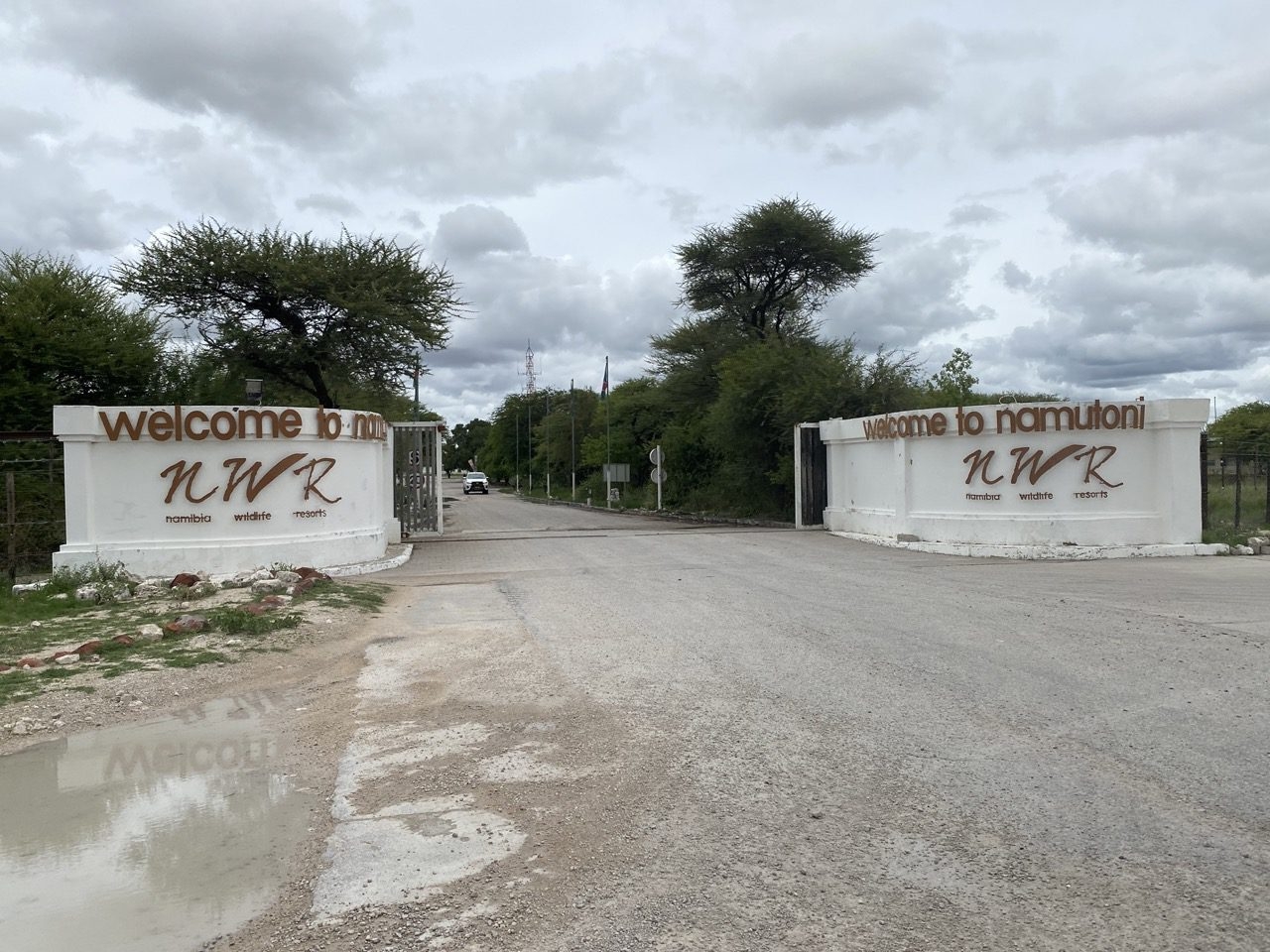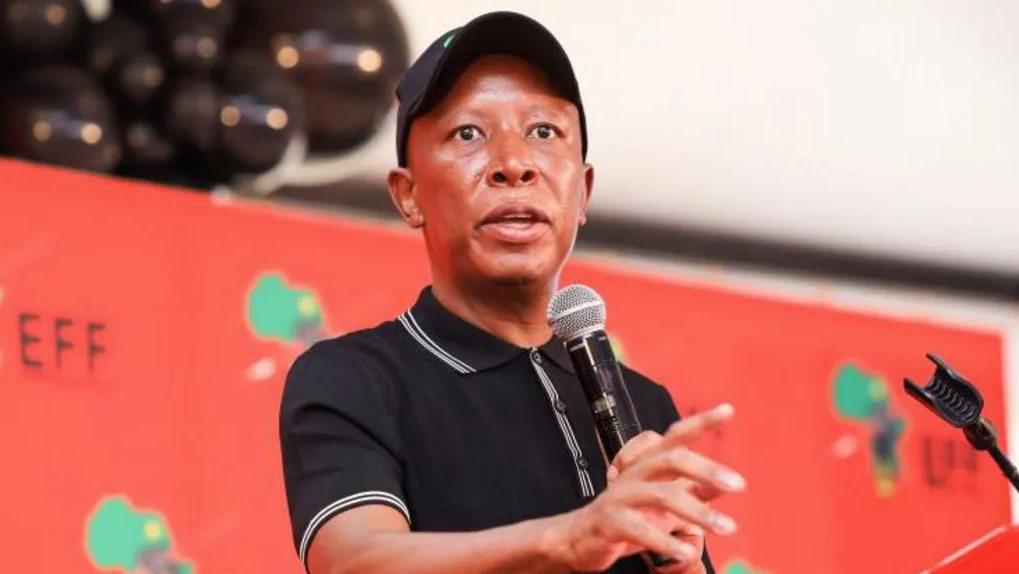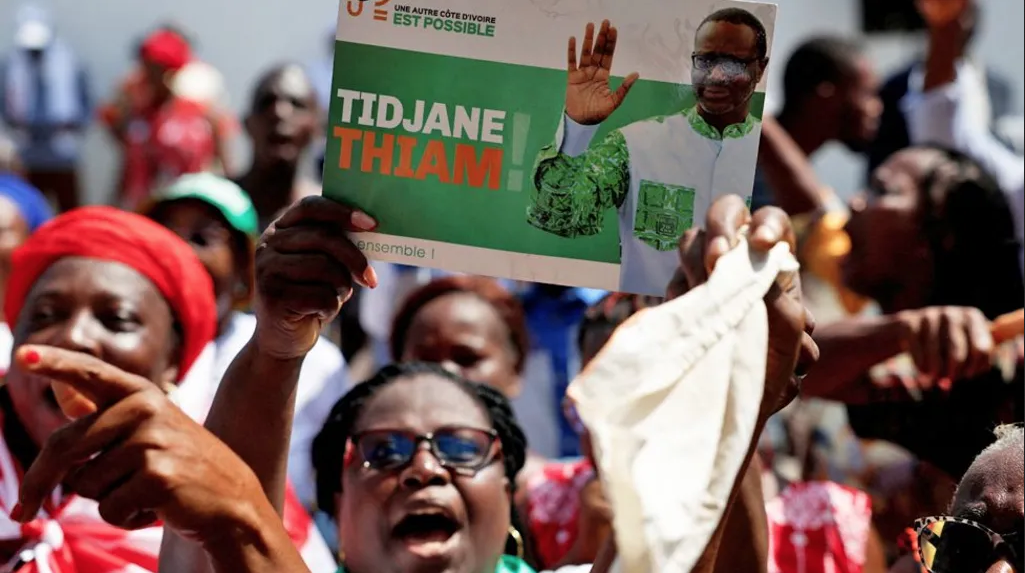AFRICAN countries will remain “poor” unless they change the way they choose their leaders and the way they design their economic policies, a conference on Debt Relief and Development in Africa heard yesterday.
Forty years after the continent’s liberation, the plight and poverty of Africans can no longer be blamed on colonialism, Namibian political analyst Joe Diescho told the conference in Windhoek. Analysing the big question as to whether Africa is rich or poor from a political perspective, Diescho expressed the opinion that African rulers had to start taking responsibility for the African situation – the successes and the “myriad of failures” alike.Ugandan Investment Advisor Geoffrey Onegi-Obel also maintained that from an economic perspective, Africa was poor and languished under the misconception that donor aid could foster development and create much-needed jobs.”The African problem will not be solved with money.The arrangement of power is at the heart of Africa’s underdevelopment,” said Diescho.He said Africa was still defining leaders as those who had “survived colonialism” and were part of a liberation struggle, and while these people might have fought a good war, they were not necessarily the right people to lead Africa beyond the struggle for independence.Many African leaders, he said, failed to listen to the people they ruled and even more so, did not fully understand the African situation and what was needed to fix the problems.”Africa is poor because Africa does not have a very concise self-understanding, self-definition, self-direction or self-affirmation,” said Diescho.While it appeared that some African leaders “enjoyed” being “poor” so that they could rely on donor assistance, Diescho said donors could be seen as fostering corruption in Africa for tolerating the wastage of resources.Referring to President Hifikepunye Pohamba’s recent visit to Germany, Diescho said Africans could not convince the “richer” world that they were equals and not corrupt, because wherever they went they were always extending their “begging bowls”.While the German government has around 18 ministers to serve its population of 80 million, Namibia has 27 ministers to serve 1,8 million people.”Tell me if that’s not corrupt, what is?” Diescho told the conference.”If we are poor, then we must behave poor.”Diescho said it was imperative that Africa found new leaders who could carry the continent forward without casting dispersion on those that brought the countries to where they are today.For his part, Onegi-Obel said African countries had to draw the line between aid and development, because the former did not bring about the latter.”Aid belongs in the emergency room of countries.Aid does not and will never create jobs for African countries,” said Onegi-Obel.”The antidote for poverty is jobs.”Too many African governments, he said, did not have an employment policy.For Africa to rise out of the economic doldrums, Onegi-Obel agreed with Diescho that African countries needed a paradigm shift in their thinking.Economies, he said, would not grow from foreign direct investment alone.Domestic investment had to be boosted and the gross domestic product base broadened.Finance Ministries, he said, also had to devise medium- and even long-term financial benchmarks, and not only plan for the short term.He said African governments also did not send out the “right signals” to their citizens to save.The measure of the “richness” of Africans, he said, could be determined by whether they owned a home, believed in educating their children and planned for their health care.”It is quite obvious that we are poor.Even the Millennium Development Goals will not be achieved unless we effect a paradigm shift,” said Onegi-Obel.The two-day conference, which ends today, was organised by the Namibia Institute for Democracy and the Konrad Adenauer Foundation.Analysing the big question as to whether Africa is rich or poor from a political perspective, Diescho expressed the opinion that African rulers had to start taking responsibility for the African situation – the successes and the “myriad of failures” alike.Ugandan Investment Advisor Geoffrey Onegi-Obel also maintained that from an economic perspective, Africa was poor and languished under the misconception that donor aid could foster development and create much-needed jobs.”The African problem will not be solved with money.The arrangement of power is at the heart of Africa’s underdevelopment,” said Diescho.He said Africa was still defining leaders as those who had “survived colonialism” and were part of a liberation struggle, and while these people might have fought a good war, they were not necessarily the right people to lead Africa beyond the struggle for independence.Many African leaders, he said, failed to listen to the people they ruled and even more so, did not fully understand the African situation and what was needed to fix the problems.”Africa is poor because Africa does not have a very concise self-understanding, self-definition, self-direction or self-affirmation,” said Diescho.While it appeared that some African leaders “enjoyed” being “poor” so that they could rely on donor assistance, Diescho said donors could be seen as fostering corruption in Africa for tolerating the wastage of resources.Referring to President Hifikepunye Pohamba’s recent visit to Germany, Diescho said Africans could not convince the “richer” world that they were equals and not corrupt, because wherever they went they were always extending their “begging bowls”.While the German government has around 18 ministers to serve its population of 80 million, Namibia has 27 ministers to serve 1,8 million people.”Tell me if that’s not corrupt, what is?” Diescho told the conference.”If we are poor, then we must behave poor.”Diescho said it was imperative that Africa found new leaders who could carry the continent forward without casting dispersion on those that brought the countries to where they are today.For his part, Onegi-Obel said African countries had to draw the line between aid and development, because the former did not bring about the latter.”Aid belongs in the emergency room of countries.Aid does not and will never create jobs for African countries,” said Onegi-Obel.”The antidote for poverty is jobs.”Too many African governments, he said, did not have an employment policy.For Africa to rise out of the economic doldrums, Onegi-Obel agreed with Diescho that African countries needed a paradigm shift in their thinking.Economies, he said, would not grow from foreign direct investment alone.Domestic investment had to be boosted and the gross domestic product base broadened.Finance Ministries, he said, also had to devise medium- and even long-term financial benchmarks, and not only plan for the short term.He said African governments also did not send out the “right signals” to their citizens to save.The measure of the “richness” of Africans, he said, could be determined by whether they owned a home, believed in educating their children and planned for their health care.”It is quite obvious that we are poor.Even the Millennium Development Goals will not be achieved unless we effect a paradigm shift,” said Onegi-Obel.The two-day conference, which ends today, was organised by the Namibia Institute for Democracy and the Konrad Adenauer Foundation.
Stay informed with The Namibian – your source for credible journalism. Get in-depth reporting and opinions for
only N$85 a month. Invest in journalism, invest in democracy –
Subscribe Now!










